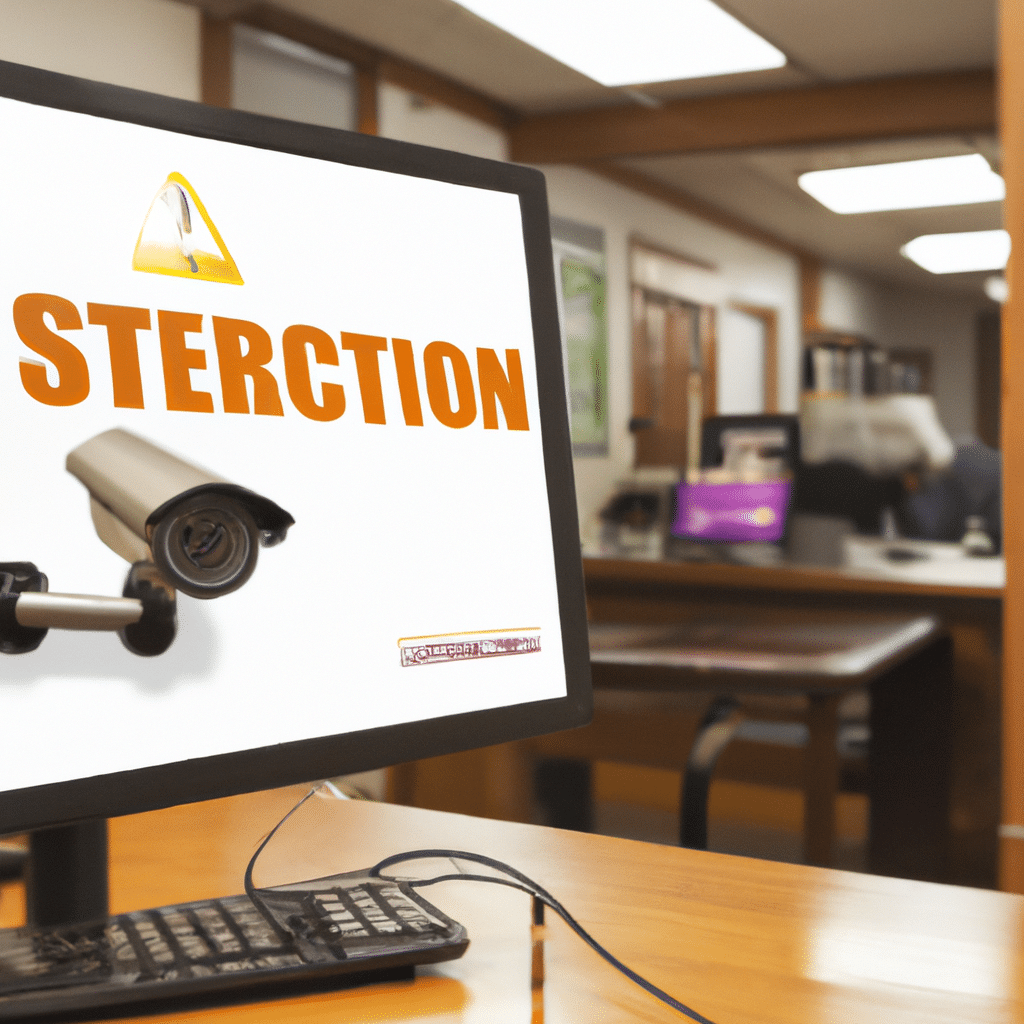In today’s digital world, small businesses are increasingly relying on technology to conduct their operations. However, with this increased reliance comes the risk of cyber attacks. Intrusion detection is a critical component of any small business’s cybersecurity strategy, as it helps to detect and prevent unauthorized access to sensitive information. In this article, we will discuss the importance of intrusion detection for small businesses, its benefits, and best practices for implementing an effective intrusion detection system.

What is Intrusion Detection?
Intrusion detection is a process used to detect unauthorized access to a computer system or network. It involves monitoring network activity and analyzing data to identify potential security threats. Intrusion detection systems (IDS) are designed to detect a wide range of threats, including malware, viruses, and unauthorized access attempts.
Benefits of Intrusion Detection for Small Businesses
Small businesses are often prime targets for cyber attacks, as they may have weaker security measures in place compared to larger organizations. Intrusion detection can help small businesses to:
1. Detect Cyber Attacks Early
Early detection is crucial in preventing cyber attacks from causing significant damage. Intrusion detection can help small businesses to detect potential threats early, allowing them to take action before any damage is done.
2. Protect Sensitive Data
Small businesses often have sensitive data, such as financial information and customer data, that needs to be protected. Intrusion detection can help to prevent unauthorized access to this data, ensuring that it remains confidential and secure.
3. Comply with Regulations
Many industries have regulations in place that require businesses to have adequate security measures in place to protect sensitive data. Failure to comply with these regulations can result in significant fines and damage to a business’s reputation. Intrusion detection can help small businesses to comply with these regulations and avoid any penalties.
4. Save Time and Money
Cyber attacks can be costly to small businesses, both in terms of financial losses and time spent recovering from the attack. Intrusion detection can help to minimize these costs by detecting and preventing attacks before they cause significant damage.
Best Practices for Implementing Intrusion Detection
Implementing an effective intrusion detection system requires careful planning and consideration. Here are some best practices for small businesses to follow when implementing an intrusion detection system:
1. Conduct a Risk Assessment
Before implementing an intrusion detection system, it’s important to conduct a risk assessment to identify potential security threats. This assessment should identify the types of data that need to be protected, the potential risks to that data, and the current security measures in place.
2. Choose the Right IDS
There are many different types of intrusion detection systems available, each with its own strengths and weaknesses. Small businesses should choose an IDS that is best suited to their needs and budget.
3. Monitor and Analyze Data
An IDS is only effective if it is properly monitored and analyzed. Small businesses should have a dedicated team or individual responsible for monitoring and analyzing data, and taking action when necessary.
4. Regularly Update and Test the IDS
Intrusion detection systems should be regularly updated to ensure they are current and effective. Small businesses should also regularly test their IDS to identify any potential weaknesses or vulnerabilities.
Conclusion
Intrusion detection is a critical component of any small business’s cybersecurity strategy. It helps to detect and prevent unauthorized access to sensitive information, protecting businesses from potential financial and reputational damage. By following best practices for implementing an effective intrusion detection system, small businesses can ensure they are adequately protected against cyber attacks.












